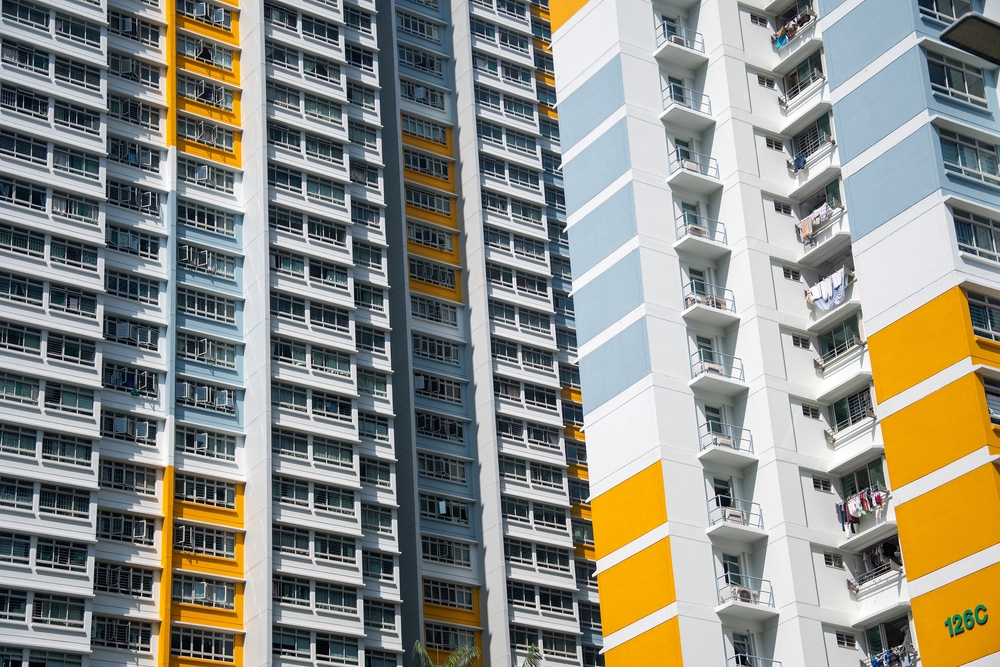Singapore’s housing market in Q1 2022
PropertyGuru’s Hari Krishnan said supply constraints are the primary cause for rising property prices and rents in Singapore

PropertyGuru’s Hari Krishnan told CNBC that supply constraints are the primary cause for rising property prices and rents in Singapore.
Singapore’s construction business was largely affected by the borders closing for two years. It caused a lack of personnel, but the industry began to recover in 2021. Building materials were also hampered by supply chain constraints, he added.
Private residential property prices climbed at a slower rate of 0.7 percent in Q1 2022, compared to a five percent growth in Q4 2021, according to the Urban Redevelopment Authority (URA).
Landed property prices grew by 4.2 percent in Q1 2022, compared to 3.9 percent in the previous quarter. Non-landed property prices fell by 0.3 percent in Q1 2022, following a 5.3 percent increase in Q4 2021.
Private residential property rentals grew 4.2 percent in Q1 2022, compared to Q4 2021’s 2.6 percent increase.
Meanwhile, landed property rentals jumped 5.3 percent in Q1 2022, compared to 1.2 percent in the previous quarter. Non-landed property rentals increased by 4.1 percent, compared to 2.7 percent in Q4 2021.
More: Singapore’s prime residential market went up 3.5% in 2021
Last month, private properties on the city outskirts accounted for 44.3 percent of overall sales volume. Homes in central Singapore accounted for 31.5 percent of the total, with the remaining 24.2 percent located in the suburbs.
According to Christine Sun, OrangeTee & Tie senior vice-president of research and analytics, the growth in luxury house purchases and foreign buyers shows that investors continue to regard Singapore properties favourably despite the cooling measures, as reported by The Straits Times.
Ultimately, property fintech firm RealVantage said, “Despite the cooling measures implemented in Q4 2021 to cool the Singapore property market, the strong demand for residential properties and the lack of supply have resulted in home sales rebounding in March 2022, after being subdued for the first two months of the year.”
The Property Report editors wrote this article. For more information, email: [email protected].
Recommended
Why everyone is moving to Selangor and Johor: Malaysia’s real estate comeback
Malaysia’s upturn in fortunes is especially prevalent in secondary destinations such as Selangor and Johor
Penang’s silicon boom: How the US-China tech war is supercharging local real estate
Penang’s booming semiconductor industry has created ripples within the local real estate sector
New leader, new opportunities: How Hun Manet is shaking up Cambodia’s real estate game
Hun Manet is overseeing decent economic growth and widening access to the country’s real estate market for foreigners
Singapore embraces inclusive housing reforms amid resilient demand
The Lion City’s regulatory strength continues to exert appeal for international investors








